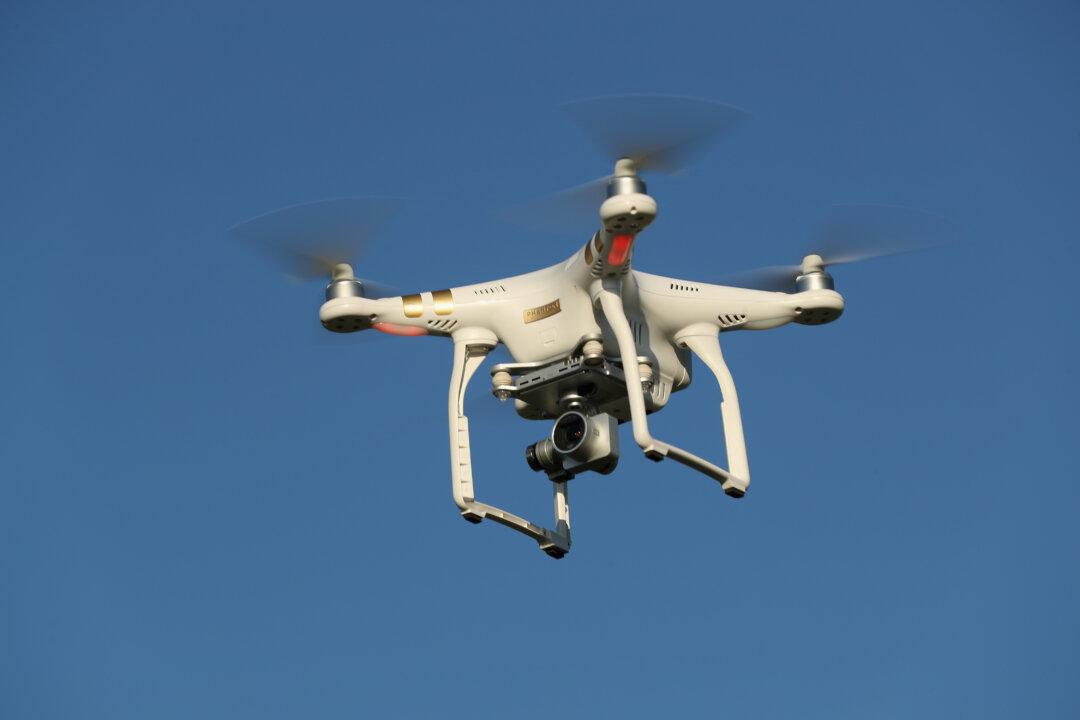Attorney General William Barr sent out guidance to Justice Department (DOJ) agencies on the use of counter-drone technologies and measures to protect against threats posed by drones.
The counter-drone guidelines are addressed under a federal law passed in 2018, which gave the Department of Homeland Security and the DOJ powers to take appropriate actions to mitigate credible drone threats to designated facilities and assets.




